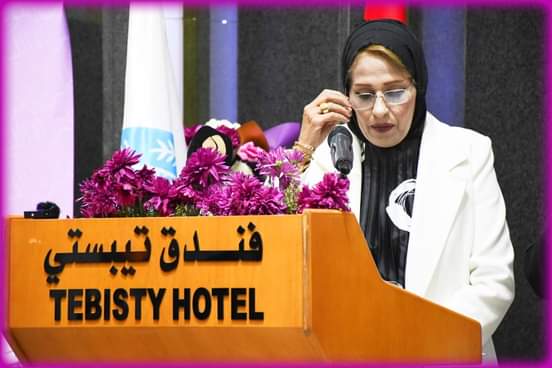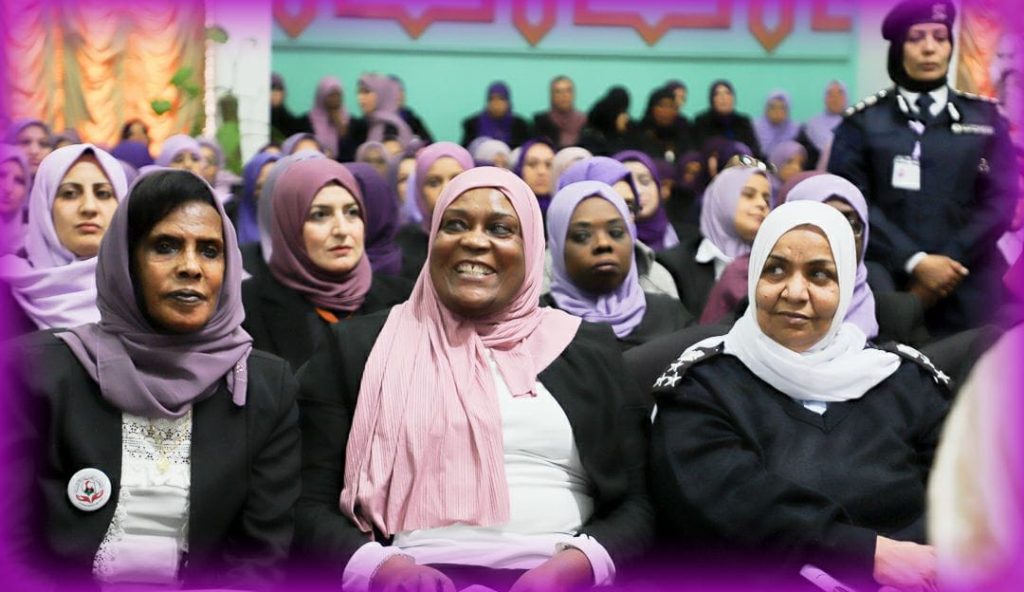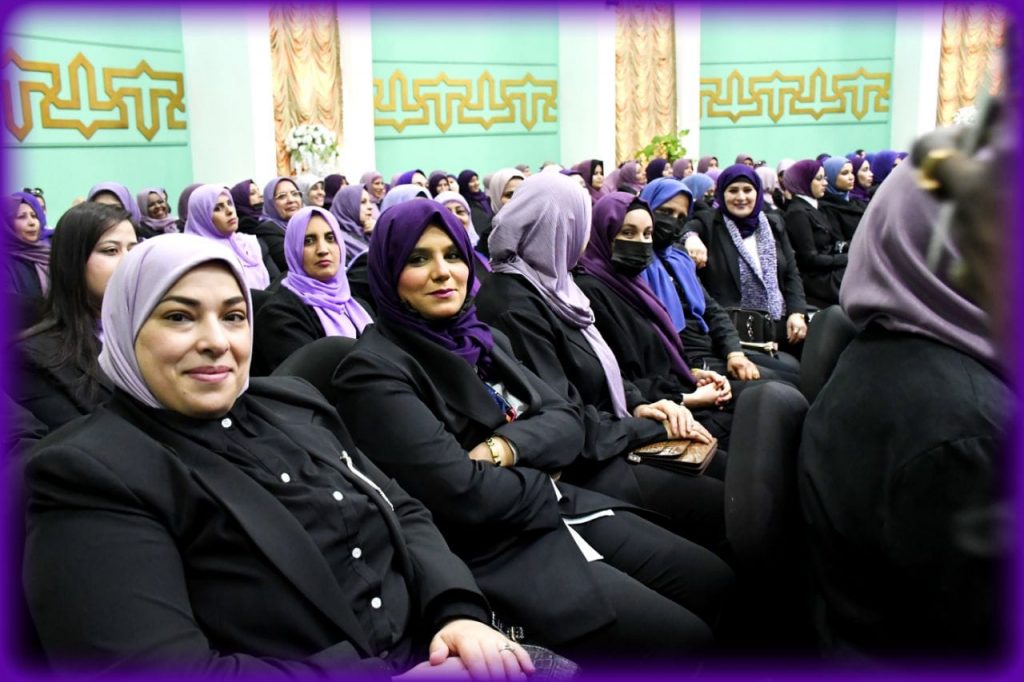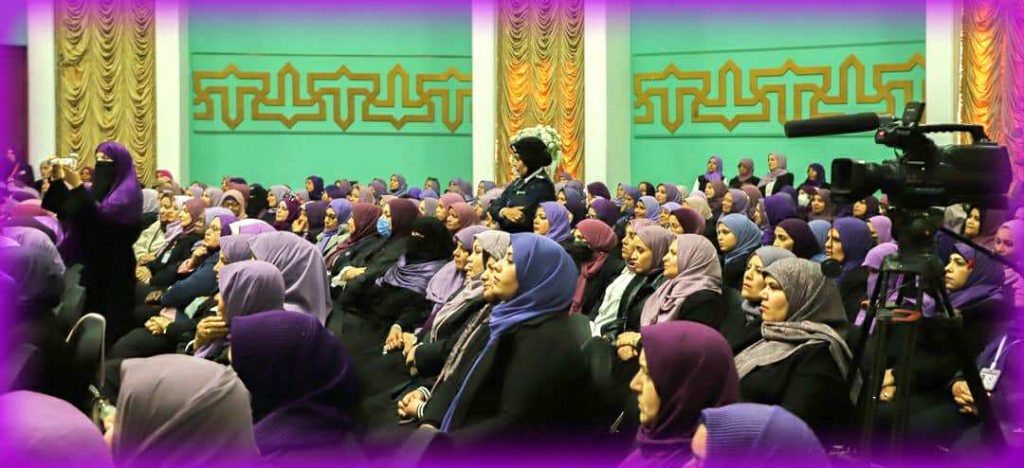Benghazi_ The newly established national council for Libyan women has made it clear that it aims for bringing about major legislative changes to the sociopolitical and economic structures that will serve the interests of women in Libya.
After much effort by dedicated Libyan women activists the Parliament, on the occasion of International Women’s Day, has approved the establishment of the National Council for Libyan Women (NCLW). On the same day the NCLW chose Ms. Fawzia Al-Sharif as its first president, an activists who lead the struggle for recognition of women’s rights for many years.
Al-Sharif said in its inaugural speech that the declaration of the council should be viewed at in Libya and the world in terms of the “extent to which Libyan women have accomplished, despite the obstacles and the circumstances the country is going through”.

Among the objectives of the Council are that women must have an effective role in the advancement of society; achieve the return of exiled citizens and the displaced families and individuals within Libya; supporting women economically by granting them access and non-discrimination to loans, owning projects and businesses, equal opportunity, disability rights as well as awarding them national medals of distinction and creativity.

The Minister of State for Women’s Affairs in the Parliament-recognized cabinet in eastern Libya, Mrs. Intissar Bouaboud, told reporters that she “commends the step of announcing the establishment of the council, which is tantamount to bringing together the nation and bringing together the national cohesion among the people of Libya”. “We all hope that this council at the same time succeeds in uniting Libya as a whole, not just Libyan women as it is today,” she added.
On its urgent schedule, the NCLW is focusing on pushing the Parliament to adopt and pass a number of what is sees as very important and vital legislations which include:
The bylaws regulating the work of the NCLW; amending some provisions of the Penal Code regarding the crime of blackmail, electronic defamation, and bullying against Libyan women; the passing of a law criminalizing exploiting of illegal immigration and human trafficking of immigrant women and children; a law that makes it a crime to violate female right to inheritance by applying Islamic legislation in this regard and criminalizing violators; and finally, amending articles in the Penal Code related to the crime of kidnapping, torturing and abuse of Libyan women.

Meanwhile, Ms. Saleha al-Lafi, the deputy director for southern region’s offices of the Libyan National Council for Women, said that there are many branches and offices are being established in the Libyan southern region in various cities and villages which reflects the enthusiasm of Libyan women for taking part rebuilding the country and promote women’s rights.
Al-Lafi indicated that the offices and branches in the south are currently working on preparing the organizational structures which will assist in promoting and achieving the objectives of the NCLW.
The setting up of NCLW coincided with a two-day conference on women that was held in the city of Benghazi that highlighted the need for more support for women in Libya and recommended that authorities must allow for greater supportive environment for empowering women in the country at all levels in official and non-official institutions.
A number of papers were discussed by panels dealt mainly with ways and means to support and empower Libyan women in order for them to achieve sustainable development, economic and psychological help of women. The panels also focused on the current situation in Libya and the dire consequences caused by over ten years of armed conflict and social strife in Libyan since 2011.
